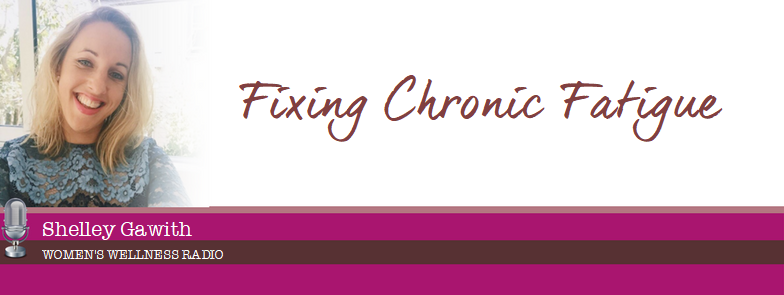How Functional Health Coaching Treats Mood, Gut and Hormones in an Integrated Way
The Symptoms
When Emily joined our coaching program, she was struggling with depression, anxiety, fatigue, and brain fog. She said that she did not have the energy to improve her diet or exercise regimen to support her health. She feared that trying to make major changes could have the potential to elicit panic attacks that would prevent her from moving forward.
Photo by Jason Briscoe
Emily felt “tired almost all of the time.” Up until a few years before joining our functional coaching program, she had lived an active life. She had spent years gaining her education and working as a public health professional. And, at 38-years-old, she found herself barely making it through the day.
Emily had resorted to some of the most common coping mechanisms available: coffee in the morning to give her enough energy to get going, and alcohol at night to help her sleep.
Emily had resorted to some of the most common coping mechanisms available: coffee in the morning to give her enough energy to get going, and alcohol at night to help her sleep.
She suffered from symptoms of gas, bloating and indigestion. Her symptoms eased when she was strict about her diet but returned whenever she wavered slightly.
The First Steps
The first thing we advised Emily to do was to take the huge step of removing coffee and alcohol from her diet. Within a matter of a couple of weeks, she was amazed at how much better she felt, just from those small changes. While this is not always as impactful for everybody as it was for Emily, it does show that sometimes a couple of small tweaks can have big effects.
The Labs
As Emily made those early changes to diet, we ran a handful of functional labs, including:
DUTCH Complete hormone panel
Comprehensive thyroid panel
GI-Map stool pathogen test
Micronutrient (vitamin and mineral) test.
The Test Results
The test results showed that Emily was quite deficient in the stress hormone cortisol. Cortisol is the primary stress hormone but it is also responsible for providing a sense of energy and plays an important role in regulating the circadian rhythms controlling sleep/wake cycles.
Emily was also very low in all of her female sex hormones (the estrogens and progesterone) and she was also very low in melatonin, a hormone that helps promote restful sleep.
Emily's thyroid appeared to be slightly sluggish and she was deficient in seven different important micronutrients.
Her stool test detected two different parasites, an overgrowth of two different opportunistic yeast species, suppressed immune response in the small intestines, and a very strong sensitivity to gluten-containing foods.
Part of the Hormone Report
Stool Test Results
The Protocol
Emily remained free from coffee and alcohol and began to adopt a gluten-free diet.
She started doing moderate exercise, managing her stress levels, eradicating gut pathogens through an herbal protocol, and supporting her healthy hormone balance through diet, herbs, and lifestyle changes.
She introduced some herbal tinctures such as black cohosh, red clover, vitex, and motherwort to support her female hormone levels. She used a product called Adrenotone from Designs for Health to support the adrenal glands and the balance of stress hormone production through the hypothalamus-pituitary-adrenal (HPA) axis.
Emily supported her micronutrient balance through the introduction of a complete mineral support formula and used the Designs for Health GI Microb-X product as one of the antimicrobial blends for eradicating infectious microorganisms. She also introduced Megaspore probiotic to rebuild beneficial gut flora and to support the immune system.
For dietary support, Emily began seed cycling and introduced more healthy fats into her diet. She also incorporated detoxification strategies such as dry brushing and rebounding into her daily routine to help her move toxins out of the body in a natural way.
The Transformation
Photo by Patrick Hendry
As Emily gained energy, she was able to reintegrate exercise into her life and she enjoys mountain biking and outdoor sports of many kinds.
After six months on the coaching program, Emily reported feeling better than she had in years despite experiencing some extreme stress, including the sudden death of her partner’s mother.
Over the course of her six months on the program, Emily gained enough energy and mental clarity to make big decisions about her life, including the purchase of a new home and a desire to have a baby.
Emily is now thriving, pregnant, happy in her life, and excited about her future.
Are You Ready for Your Transformation?
Work With Us!
We would be honored to work with you as a private client. We provide testing and coaching options to women in most every state and country. Come check out our coaching options to see if it’s a fit.
Bridgit Danner, LAc, FDNP, is trained in functional health coaching and has worked with thousands of women over her career since 2004. She is the founder of Women’s Wellness Collaborative llc and HormoneDetoxShop.com.






















